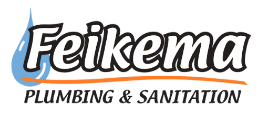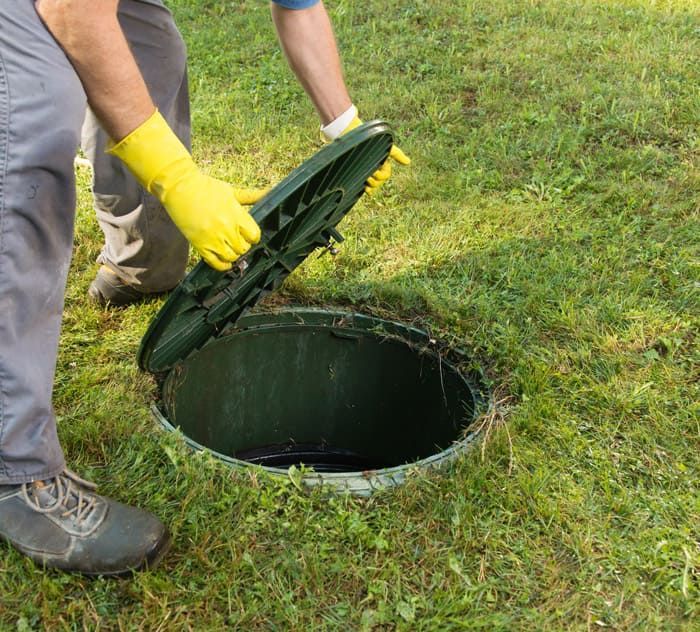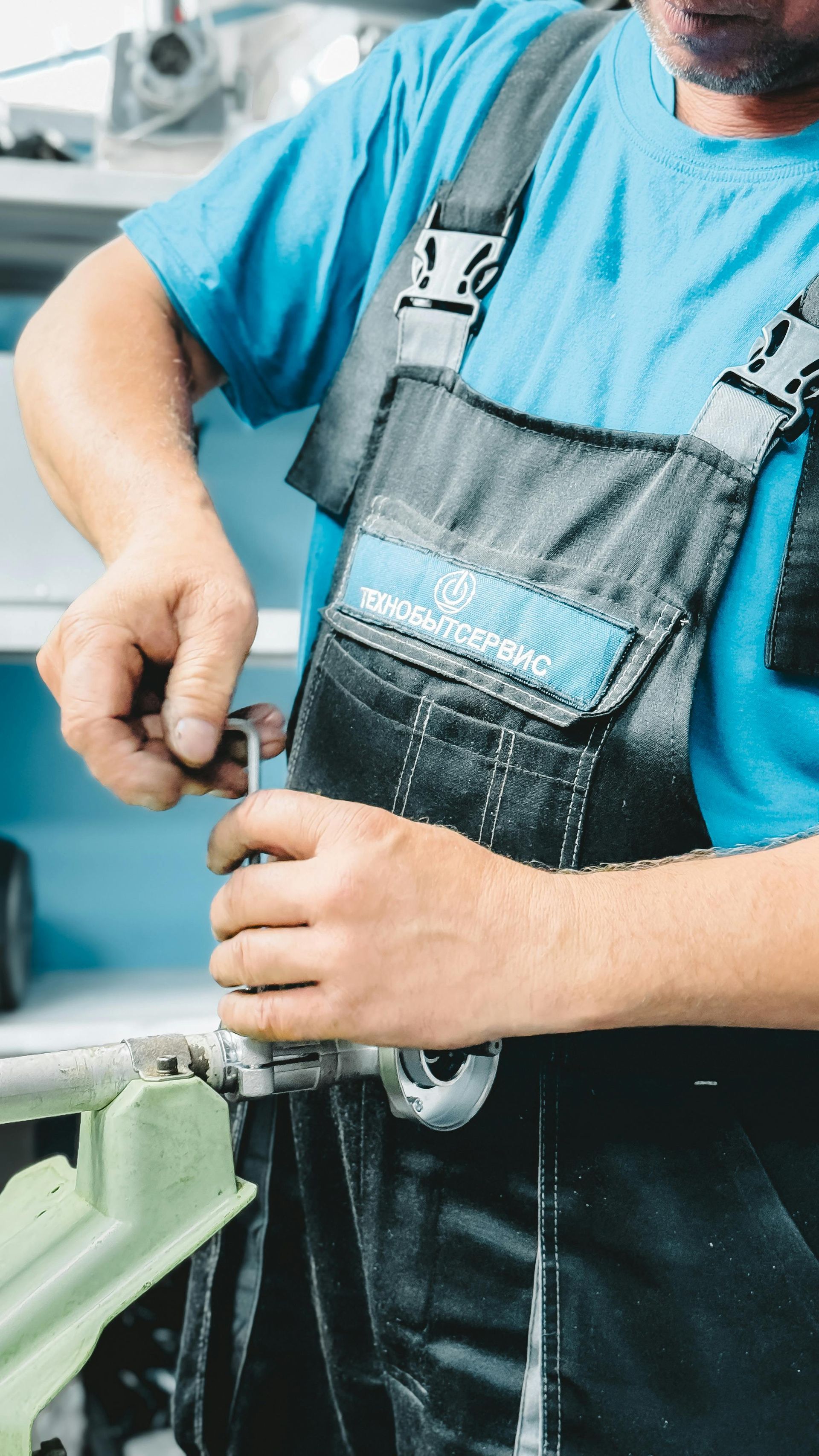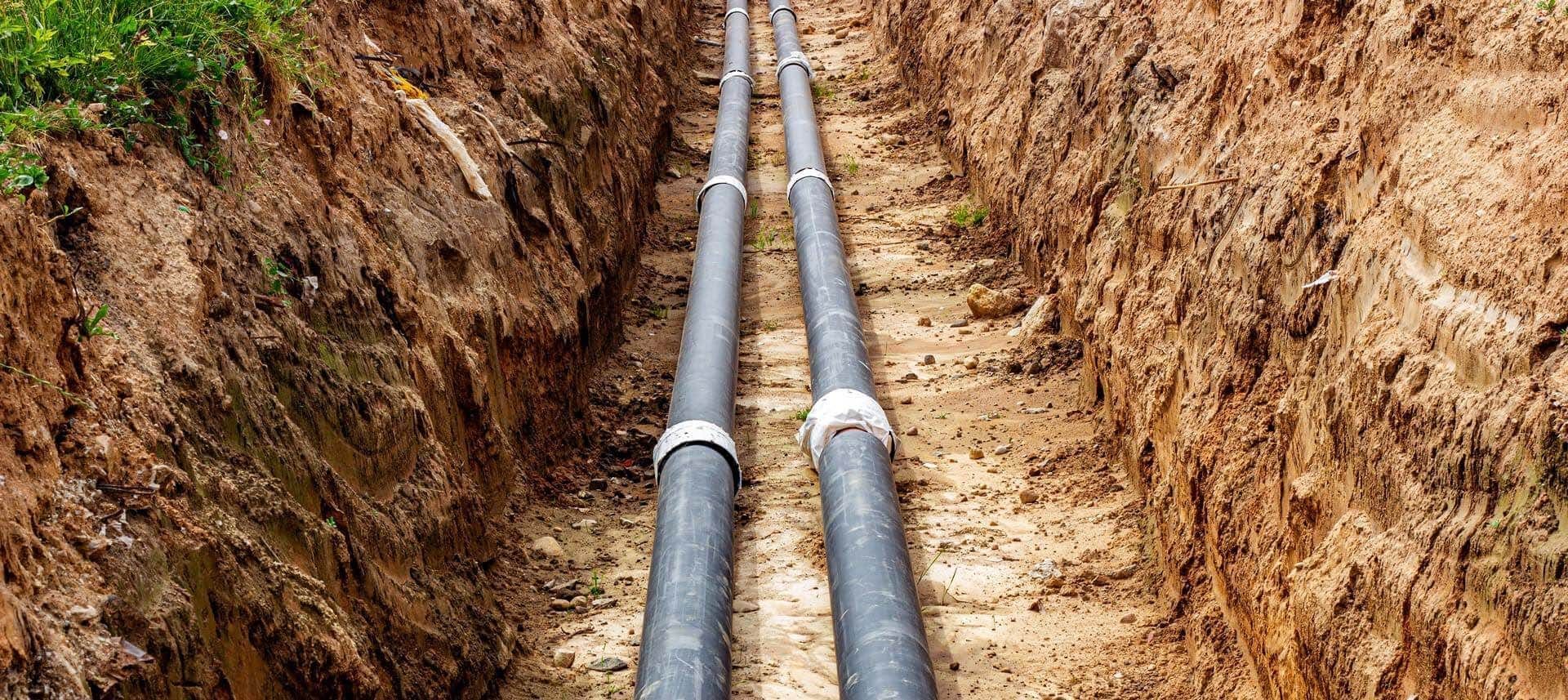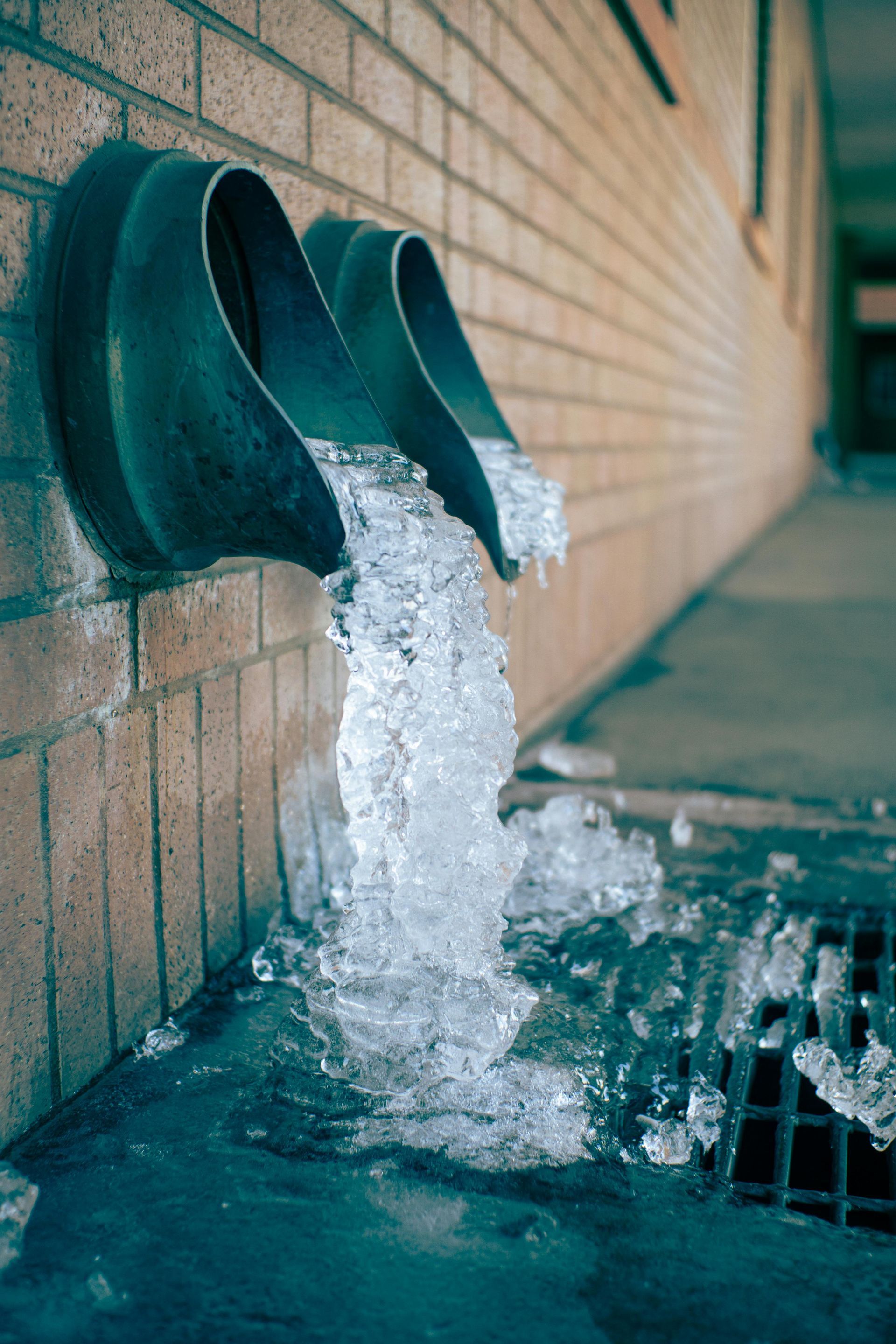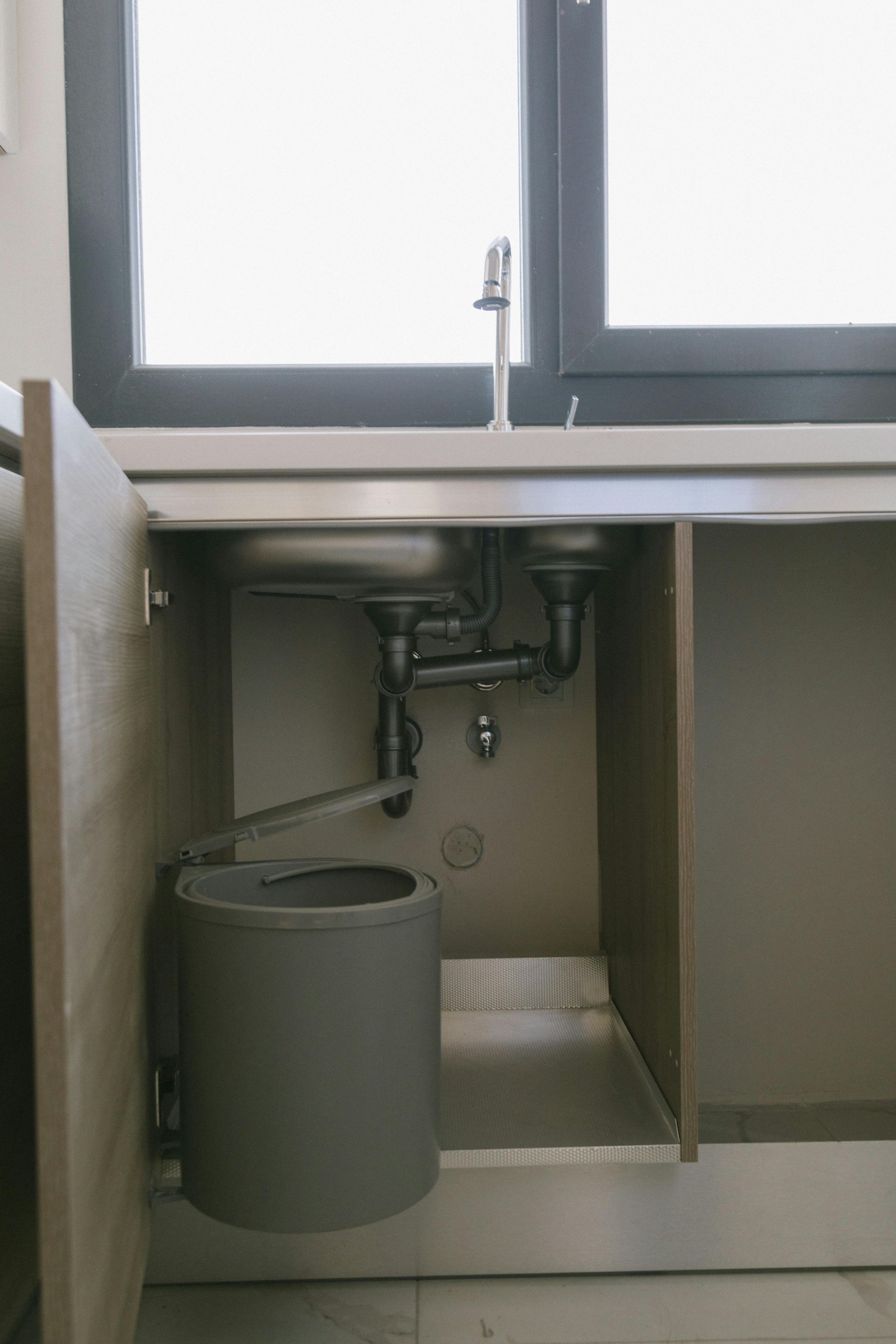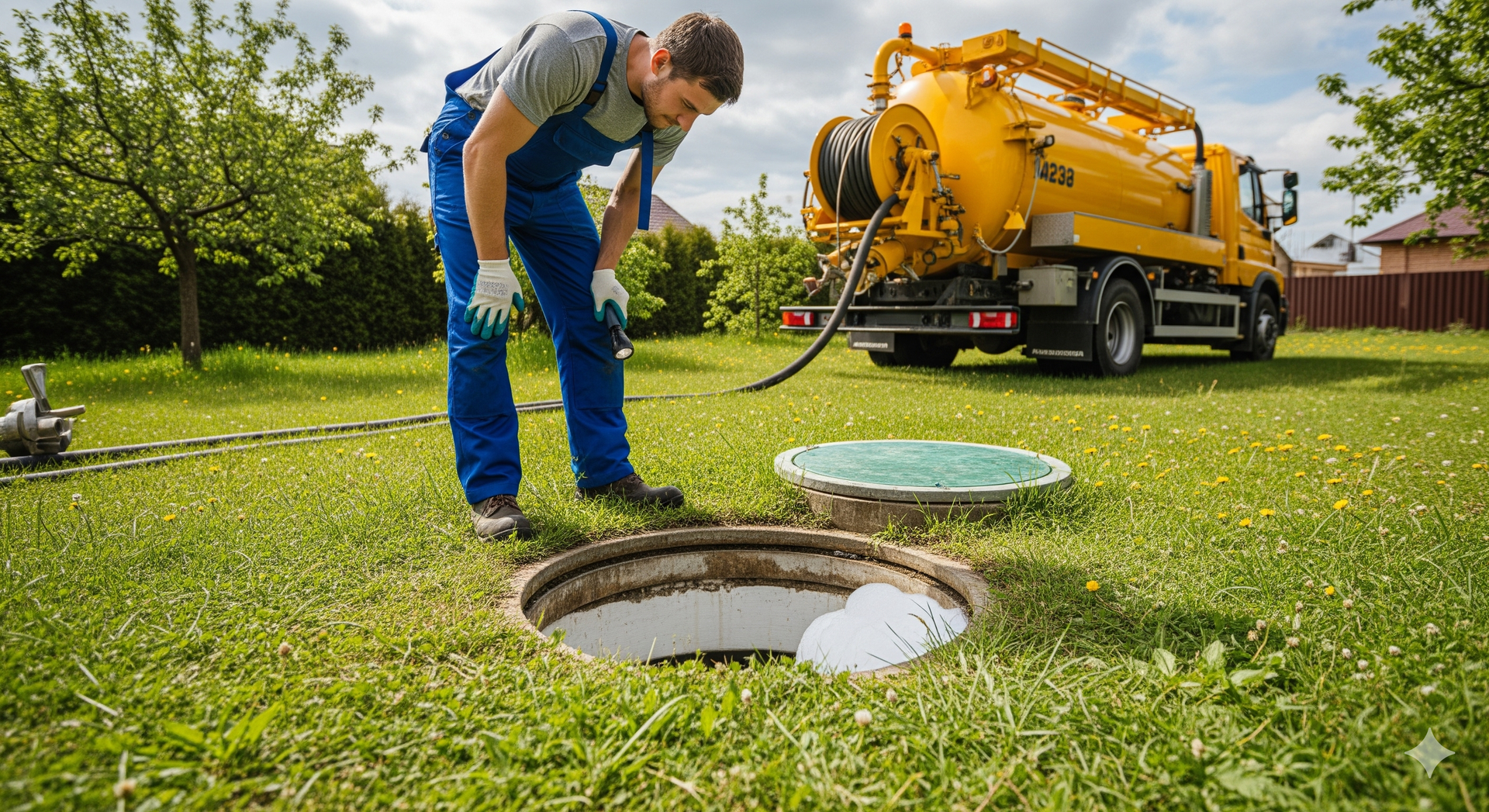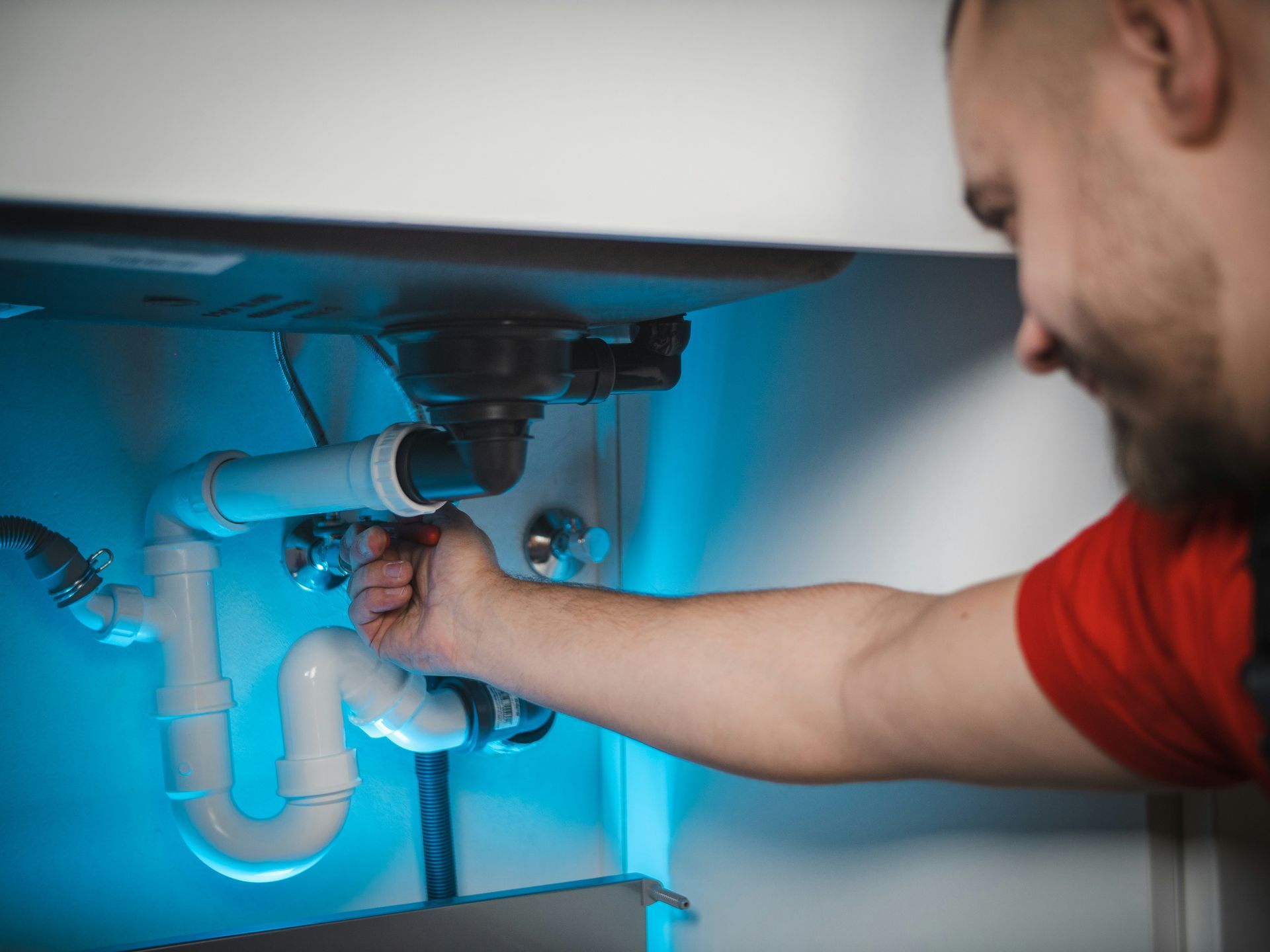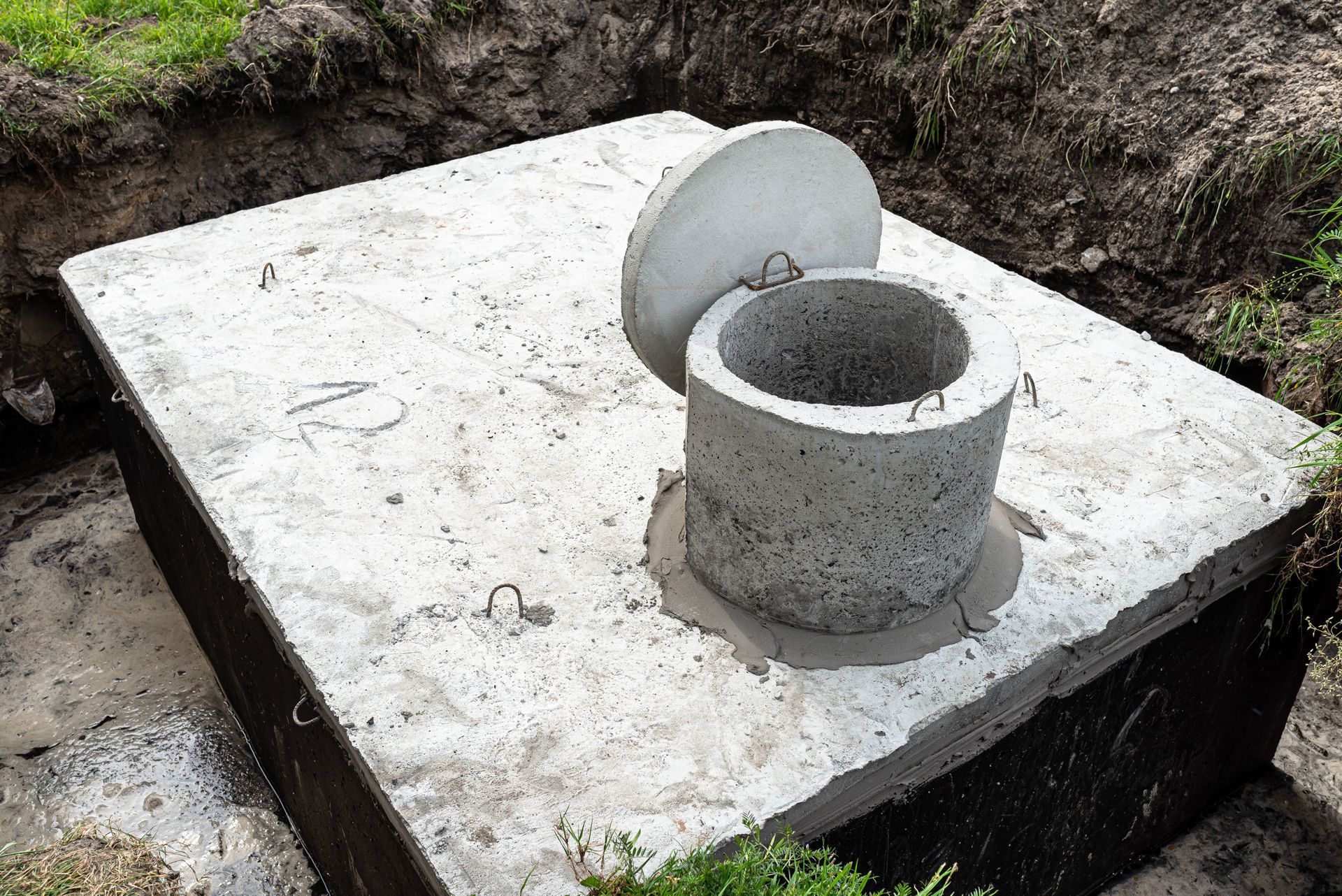Why Local Septic Tank Plumbing Services Are Essential for Homeowners
Septic systems serve as the backbone of wastewater management for millions of homes across the country. Unlike municipal sewer connections, septic tanks require regular maintenance and specialized expertise to function properly. Without proper care, these systems can fail unexpectedly, leading to costly repairs, health hazards, and environmental damage.
Understanding the value of professional septic tank care helps homeowners make informed decisions about maintaining their property. Local septic tank plumbing services provide the specialized knowledge and equipment needed to keep these systems running smoothly. These professionals understand regional soil conditions, local regulations, and climate factors that affect septic system performance.
Investing in regular septic maintenance through qualified local providers protects your home value while preventing expensive emergency repairs. This article explores why working with local septic professionals is not just beneficial but necessary for responsible homeownership.
Key Takeaways
- Professional maintenance prevents costly failures - Regular inspections and pumping by qualified technicians help identify problems before they escalate into expensive repairs or complete system replacement.
- Local expertise matters for compliance - Area professionals understand specific regulations, permit requirements, and soil conditions that affect septic system design and maintenance in your community.
- Timely service protects property value - Well-maintained septic systems preserve your home's market value and prevent contamination that could render your property unsellable.
- Emergency response saves money - Local providers offer faster response times during septic emergencies, minimizing damage to your property and reducing overall repair costs.
- Regular pumping extends system life - Scheduled septic tank cleaning and pumping removes accumulated solids that can cause backups, drain field damage, and premature system failure.
- Expert inspections catch hidden issues - Professional sewer line inspection services use specialized equipment to detect cracks, root intrusion, and other problems invisible to homeowners.
Understanding Your Septic System's Needs
Septic systems consist of multiple components working together to treat and dispose of household wastewater. The septic tank itself acts as the primary treatment chamber where solids settle and bacteria begin breaking down organic matter. From there, partially treated water flows into the drain field, where soil provides final filtration before the water returns to the groundwater table
.
This biological and mechanical process requires balance to function correctly. Too much water entering the system can overwhelm treatment capacity. Harsh chemicals can kill beneficial bacteria. Physical damage to pipes or the tank can cause leaks or backups. Each component needs attention to maintain system integrity.
Different factors affect how often your system requires maintenance. Household size directly impacts wastewater volume and solids accumulation. Tank capacity determines how much waste can be processed between pumping services. Water usage habits, including laundry frequency and bathroom fixtures, influence system workload. Ground conditions, including soil composition and water table depth, affect drain field performance.
Professional technicians evaluate these variables during inspections to create appropriate maintenance schedules. They measure sludge and scum layers to determine when pumping becomes necessary. They also check baffles, inlet and outlet pipes, and tank integrity for signs of wear or damage. This comprehensive approach identifies potential problems before they cause system failure.
The Critical Role of Regular Maintenance
Septic tanks accumulate solid waste over time, forming sludge at the bottom and a scum layer at the top. As these layers grow, they reduce the tank's effective volume and treatment capacity. Without regular septic tank cleaning and pumping, solids eventually overflow into the drain field, clogging soil pores and preventing proper filtration.
Drain field failure represents one of the most expensive septic problems homeowners face. Replacing a drain field often costs between $5,000 and $20,000, depending on property size and soil conditions. This major expense can be avoided through consistent maintenance that prevents solids from reaching the drain field.
Most residential septic systems need pumping every three to five years, though this varies based on usage and tank size. Larger families or smaller tanks require more frequent service. Homes with garbage disposals may need more frequent pumping due to increased solid waste. Professional assessment provides accurate scheduling recommendations for your specific situation.
Beyond pumping, regular inspections identify mechanical issues before they escalate. Technicians check for cracks in the tank structure, damaged baffles, and inlet or outlet pipe problems. They evaluate the drain field for signs of hydraulic overload or failure. Early detection of these issues allows for targeted repairs rather than complete system replacement.
Why Local Providers Offer Superior Service
Working with local septic tank plumbing service providers provides distinct advantages over distant contractors or national chains. Local professionals develop deep familiarity with regional conditions that affect septic system performance. They understand local soil types, seasonal water table fluctuations, and climate patterns that impact system operation.
Regional regulations vary significantly across different areas. Local providers stay current with county health department requirements, permit processes, and inspection standards. They maintain relationships with local officials who oversee septic system permits and compliance. This knowledge streamlines installations, repairs, and routine maintenance while ensuring your system meets all legal requirements.
Response time becomes critical during septic emergencies. Backups, overflows, and system failures require immediate attention to prevent property damage and health hazards. Local companies can reach your property quickly, often arriving within hours rather than days. This rapid response minimizes contamination, reduces repair costs, and restores system function faster.
Community reputation matters to local businesses in ways that don't affect distant corporations. Local providers depend on word-of-mouth referrals and community standing. This creates strong incentives to deliver quality service, fair pricing, and reliable follow-up care. They're also more likely to offer flexible scheduling and personalized service that addresses your specific concerns.
Comprehensive Inspection Services
Professional sewer line inspection uses advanced technology to evaluate system components without excavation. Video cameras mounted on flexible cables travel through pipes, recording interior conditions in real time. This non-invasive approach reveals blockages, cracks, root intrusion, and other problems that remain hidden during visual inspections.
Root infiltration represents a common problem in mature landscapes. Tree and shrub roots naturally seek water sources, following moisture to septic pipes. Once inside, roots grow rapidly and create blockages that slow drainage or cause backups. Video inspection identifies root locations and severity, guiding appropriate treatment options.
Pipe degradation occurs naturally over time as materials age and break down. Clay tiles crack and separate. Cast iron corrodes and develops holes. Even modern PVC can crack from ground settling or freezing. Camera inspection documents these conditions and helps prioritize repairs based on severity and location.
Beyond pipes, inspection services evaluate tank condition and component function. Technicians measure sludge and scum accumulation to determine pumping needs. They check baffles for proper position and integrity. They test the inlet and outlet pipes for obstructions or damage. This thorough assessment provides a complete picture of system health.
Preventive Care Strategies
Regular maintenance combined with proper usage habits maximizes septic system longevity. Water conservation reduces system workload and prevents hydraulic overload. Fixing leaky faucets, installing low-flow fixtures, and spreading laundry loads throughout the week all help manage water entering the system.
What goes down drains directly affects system health. Septic systems rely on bacterial action to break down organic waste. Non-biodegradable items like feminine hygiene products, dental floss, and paper towels don't decompose and accumulate in the tank. Harsh chemicals kill beneficial bacteria and disrupt treatment processes. Educating household members about proper disposal prevents unnecessary problems.
Protecting the drain field area preserves system function. Heavy vehicles compact soil and crush pipes. Deep-rooted plants seek moisture and invade drain lines. Directing surface water away from the drain field prevents saturation, which reduces treatment capacity. These simple precautions protect your investment and extend system life.
| Maintenance Task | Recommended Frequency | Purpose |
|---|---|---|
| Septic tank pumping | Every 3-5 years | Remove accumulated solids, prevent drain field damage |
| Professional inspection | Every 1-3 years | Identify developing problems, assess component condition |
| Sewer line inspection | Every 5 years or when issues arise | Detect blockages, root intrusion, pipe damage |
| Drain field monitoring | Annually | Check for soggy areas, odors, or vegetation changes |
| Tank effluent filter cleaning | Every 1-2 years | Maintain proper flow, protect drain field |
Signs You Need Immediate Professional Help
Certain warning signs indicate serious septic problems requiring immediate attention. Slow drains throughout the house suggest main line blockages or tank capacity issues, while individual fixture problems might indicate localized clogs. Standing water or soggy ground near the septic tank or drain field signals system failure, posing health risks that need prompt professional evaluation.
Gurgling sounds in pipes or fixtures often precede backups and indicate developing blockages. Water backing up into lower-level drains when using upper-level fixtures suggests main-line problems requiring immediate investigation. Sewage odors inside or outside the house similarly indicate problems that need attention.
Bright green grass or excessive vegetation growth over the drain field can indicate system failure. While some grass growth is normal, lush patches suggest wastewater surfacing and require professional assessment.
Long-Term Value and Investment Protection
Regular septic maintenance protects one of your home's most significant infrastructure components. Proper care extends system lifespan from the typical 20-25 years to 40 years or more, representing substantial savings compared to premature replacement costs that can exceed $15,000 for conventional systems.
Property value depends partly on functional home systems. During home sales, septic inspections often become mandatory or strongly recommended. Well-maintained systems with documented service records provide buyer confidence and support asking prices, while failed systems trigger price reductions or deal cancellations.
Environmental responsibility extends beyond legal compliance to community welfare. Failed septic systems contaminate groundwater and harm local ecosystems. Professional maintenance helps homeowners fulfill their environmental obligations while protecting community health.
Frequently Asked Questions
How often should I have my septic tank pumped?
Most residential septic tanks need pumping every three to five years depending on household size and tank capacity. Larger families or smaller tanks may require more frequent service, while smaller households with larger tanks might extend intervals to five years or slightly longer.
What does a professional septic inspection include?
A comprehensive inspection examines the septic tank interior for sludge and scum levels, checks all baffles and access ports, evaluates inlet and outlet pipes, and assesses drain field condition. Inspectors measure critical dimensions, test component function, and provide written reports with maintenance recommendations.
Can I perform septic maintenance myself instead of hiring professionals?
While homeowners can handle some basic tasks like water conservation and proper waste disposal, professional services require specialized equipment, safety training, and technical expertise. Septic tank pumping involves confined space entry risks and proper waste disposal that only licensed professionals should handle.
How do I choose a reliable local septic service provider?
Look for properly licensed and insured companies with strong local reputations and verified customer reviews. Ask about their experience with your type of system, their equipment capabilities, and whether they handle both routine maintenance and emergency repairs.
What happens if I delay septic system maintenance?
Delaying maintenance allows solids to accumulate beyond safe levels, potentially causing backups into your home, drain field failure, and environmental contamination. These problems typically cost thousands of dollars more to repair than regular maintenance expenses, and may require complete system replacement.
Final Thoughts
Local septic tank plumbing services provide specialized expertise that protects your property investment and prevents costly system failures. These professionals bring regional knowledge, rapid response capabilities, and comprehensive maintenance that extends system lifespan while ensuring regulatory compliance. From routine septic tank cleaning and pumping to detailed sewer line inspection services, qualified technicians offer the specialized care these complex systems require.
The relatively modest cost of regular professional service delivers substantial returns through prevented emergencies, extended system life, and preserved property value. Taking action today to establish a relationship with qualified local septic professionals ensures your system receives the attention it needs and represents a sound investment in your home's infrastructure.
Contact your local septic tank plumbing service provider today to schedule an inspection and protect your home from costly repairs.
Reference:
https://www.adpenviro.co.uk/services/septic-tank-problems/advice/how-to-tell-if-your-septic-drain-field-is-failing/
